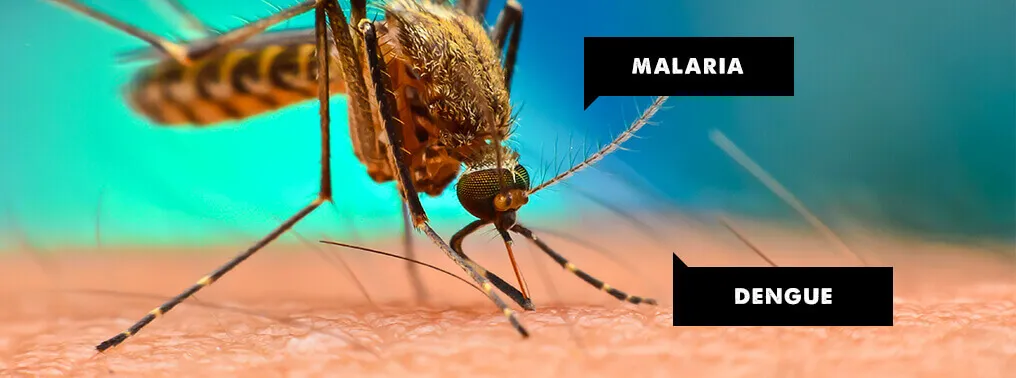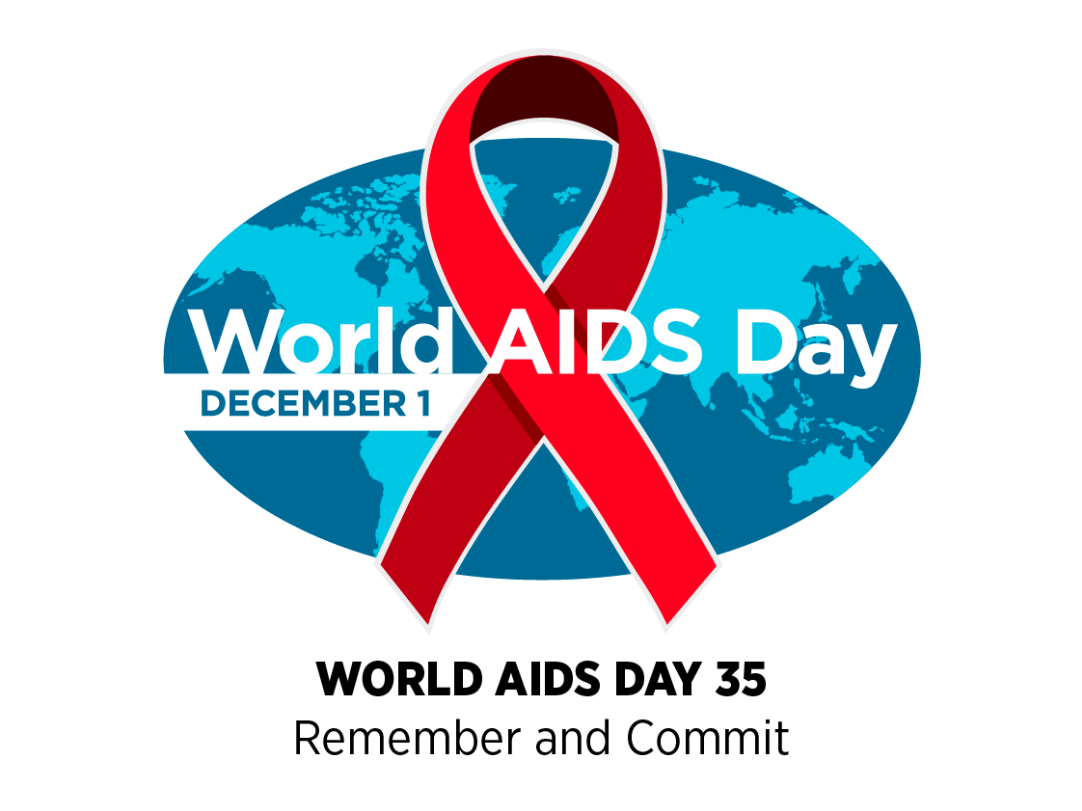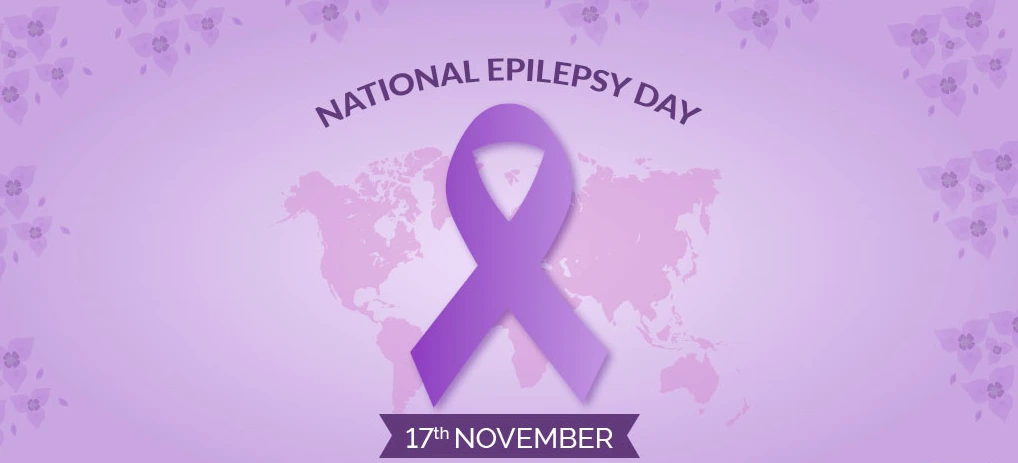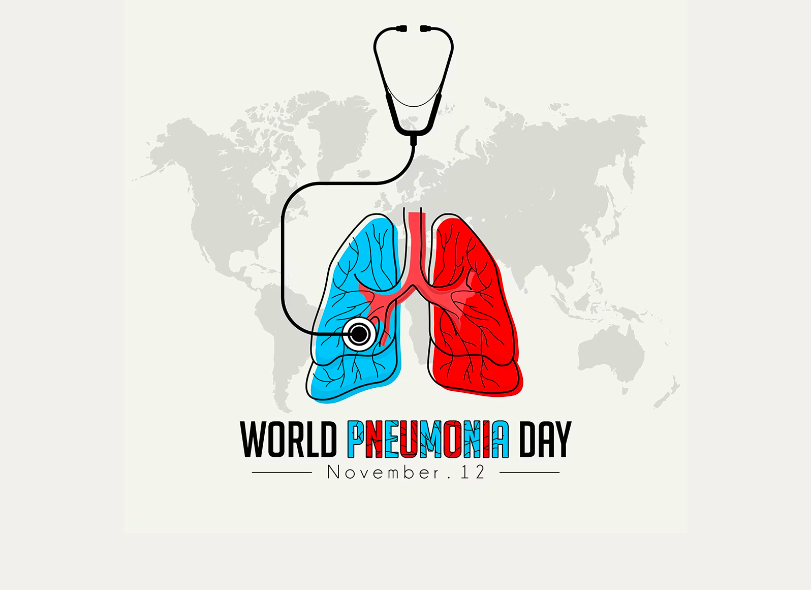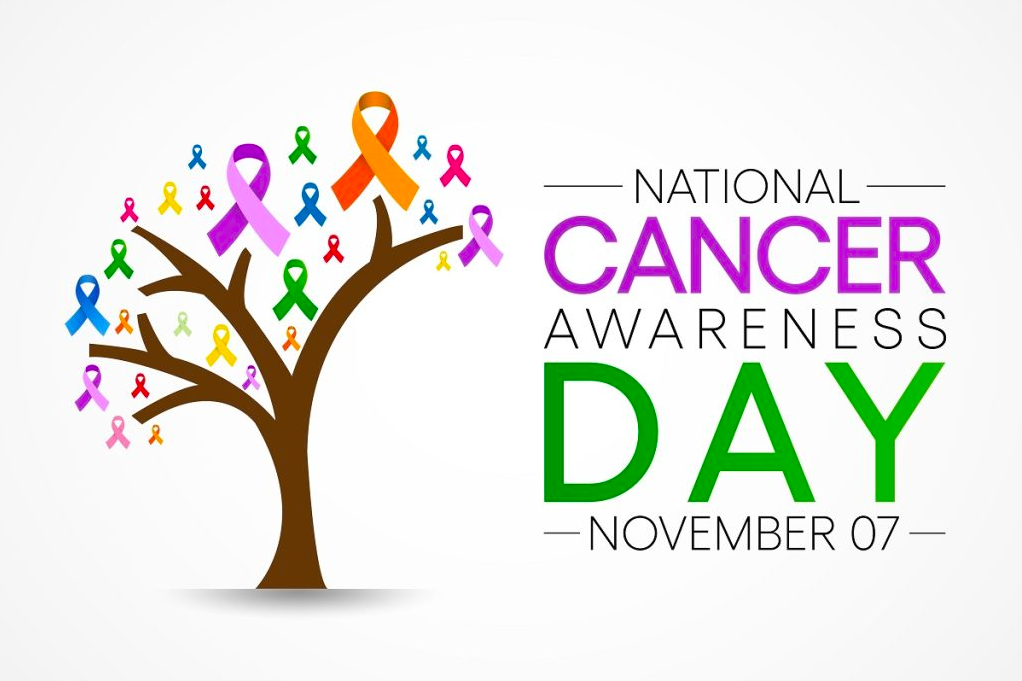Malaria and dengue fever are two of the most serious public health concerns. Most people are aware that mosquitoes spread both the diseases. Though are the two the same?
Malaria and dengue fever are two examples of infectious diseases. Malaria is brought on by the parasite Plasmodium. Here, the female Anopheles mosquito bite is the method of Plasmodium transmission. On the other hand, an Aedes mosquito bite results in the transmission of dengue fever. The signs and symptoms of the two illnesses vary, though.
What is Dengue?
Dengue is brought on by an Aedes mosquito bite, which spreads diseased blood from one person to another. The virus can destroy the bone marrow.
Capillary bursts that cause internal bleeding are the cause of throbbing headaches.
Extreme, potentially fatal dengue symptoms.
The following are some symptoms of dengue:
- chronic headaches
- Blood in the urine, vomit, or faeces
- Skin bruises, which indicate internal bleeding
- Additional fatigue, agitation, and irritability
- bleeding gums or a nose
- rapid breathing, Hyperventilation
- throbbing headaches with excruciating pain
Comparing to malaria, dengue has more obvious warning signs. When such unusual symptoms appear, you must seek immediate medical attention.
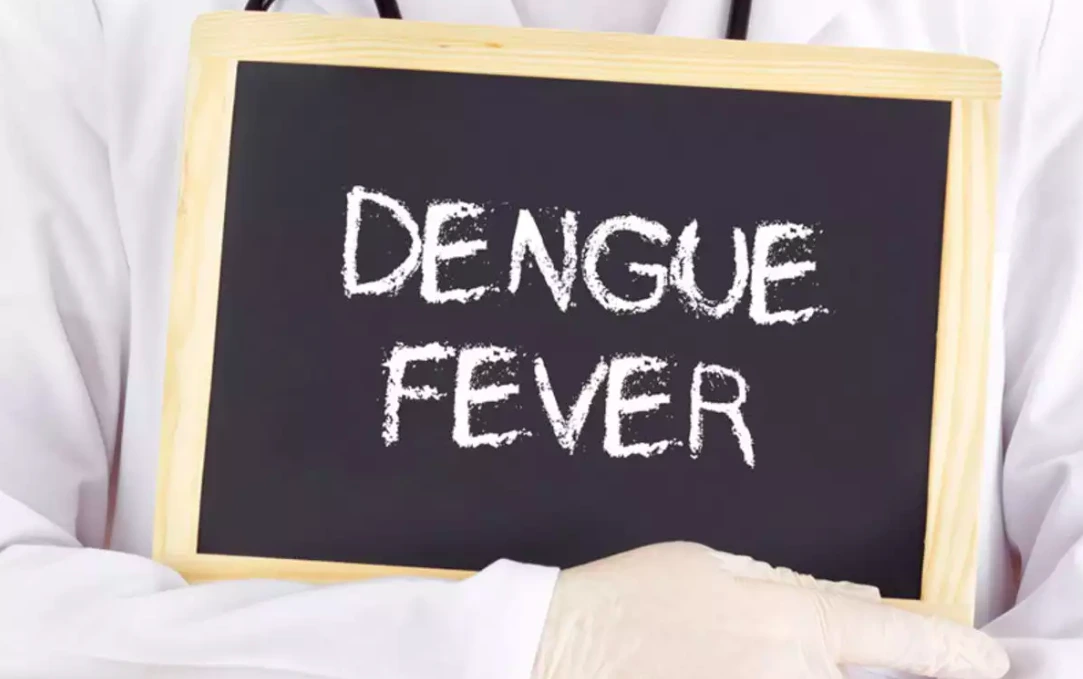
What is Malaria?
Malaria is brought on by the single-cell parasite Plasmodium. The female Anopheles mosquito bite is the method of transmission. 8–25 days after the mosquito bite, people start to experience the symptoms of malaria.
Malaria symptoms include recurrent headaches, fever and chills, extreme exhaustion and muscle aches, a propensity for nausea and vomiting, diarrhoea, rapid breathing, and an escalating heart rate.
The following list includes signs of malaria:
- left upper abdominal pain
- not eating much but still feeling full
- intense infections that recur frequently and persistent fatigue
- Rapid temperature rise above 40 degrees Celsius
- chills and perspiration follow high temperature.
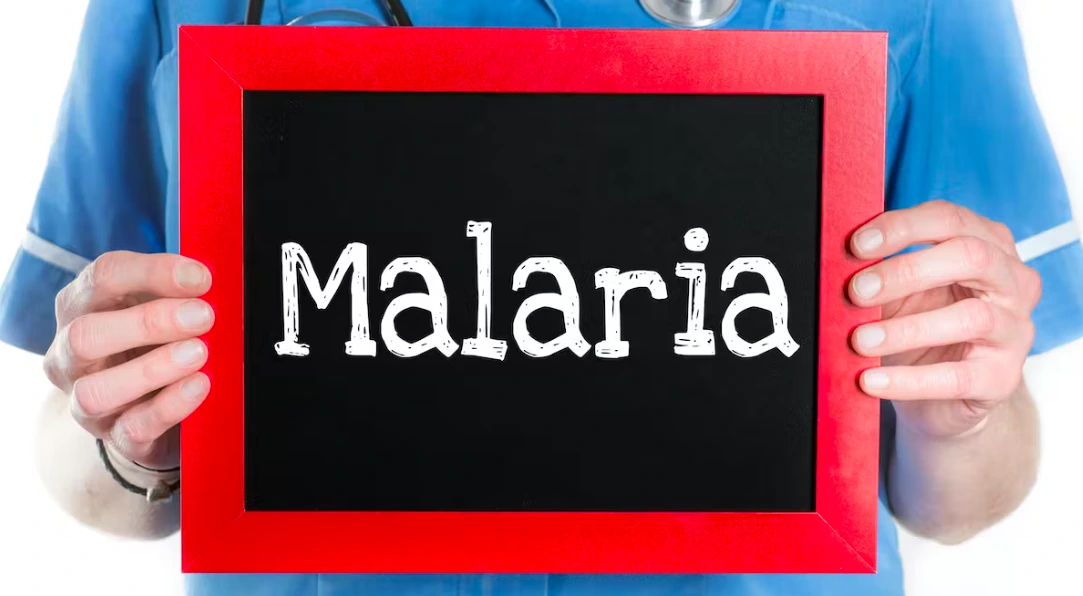
Difference Between Malaria and Dengue
On the basis of various physiological effects on the body, dengue and malaria differ from one another. Malaria is a fatal blood disease found in rural areas, whereas Dengue is a tropical disease more common in urban settings.
They differ, but they share a lot of the same symptoms. You must exercise caution because an incorrect diagnosis can result in an incorrect course of treatment and harm the patient more than the disease itself.
Table: Difference Between Dengue and Malaria
| Dengue | Malaria |
| Two hours after sunrise and a few hours before sunset are prime times for dengue mosquito activity. | The time period from 9 p.m. to 5 a.m. is when malarial mosquitoes are most active. |
| The Aedes mosquito bite, which spreads infected blood from person to person, is the primary method of transmission. | Malaria is brought on by the single-cell parasite Plasmodium. The female Anopheles mosquito bite is the method of transmission. |
| The fever can last up to seven days. | The length of the fever is shorter than Dengue. |
| It is contagious from person to person. | A simple mosquito bite causes Malaria. |
| Dengue Symptoms include: – rashes on any part of the body – swollen glands having pain behind the eyes – feeling nauseous – suffering from joint and muscle pains – having excruciating headaches | Malaria Symptoms include: – persistent headaches – fever and chills – extreme fatigue and muscle aches – tendency to feel queasy and throw up – diarrhoea |
| WBCs die rapidly during dengue, frequently leading to a staggering loss of platelets in the body. | The spleen is unable to keep up with the body’s rapid RBC death during malaria.Organ failure might occur in this case. |
| Immune chemical investigations are necessary for dengue | Using microscopic images can identify Malaria. |
| Dengue is a viral infection and has no permanent treatment. However, there are treatments available for the accompanying symptoms. | Anti-malarial medications are available to treat malaria. Additionally, a vaccine is readily available to lessen its potentially fatal effects. |
Consequently, from the source and detection to the treatment, everything is different. As a result, it’s crucial that any patient with the two conditions’ common symptoms is taken to a hospital with a focus on treating them.
Therefore, precautions must be taken. And in the event that a person is bitten, they should immediately get medical attention.
Similarities Between Malaria and Dengue
- Malaria and dengue fever are both contagious illnesses.
- Both times, a mosquito acts as the disease’s vector; only female mosquitoes feed on blood.
- They pose serious risks to public health around the world.
- Both illnesses are widespread in Southeast Asian nations as well as other tropical and subtropical nations like the Philippines.
- Both illnesses have serious side effects, including the potential for fatality.

Preventive Measures for Malaria and Dengue
Since mosquito bites are the primary cause of dengue and malaria, preventing mosquito bites is the most effective way to combat these diseases. The following list includes some additional dengue and malaria prevention measures.
- Wear long trousers and full-sleeve shirts to ensure that you cover yourself appropriately.
- To keep mosquitoes out of your home or workplace, hang nets from the windows and doors.
- Keep the area around your home neat and clean to stop mosquitoes from breeding there.
- Removing the breeding grounds for mosquitoes by draining standing water from barrels, buckets, and plant pots.
- Use insect repellents.
The Bottom Line
In a nutshell, malaria and dengue fever are two illnesses that can be spread by a single mosquito bite. Typically, an Aedes mosquito bite causes dengue fever while an Anopheles mosquito bite causes malaria. Malaria is a parasitic infection, whereas dengue fever is a viral infection. However, comparing Dengue fever to malaria, it has a shorter incubation period.
The primary distinction between malaria and dengue is that dengue is a tropical illness brought on by the dengue virus. Malaria, on the other hand, is a parasitic protozoan disease that causes fatal blood disease.
Read more:
What are Liver Problems? Symptoms, Causes and More
बिफिलैक टैबलेट- उपयोग| Uses of the Bifilac Tablet

